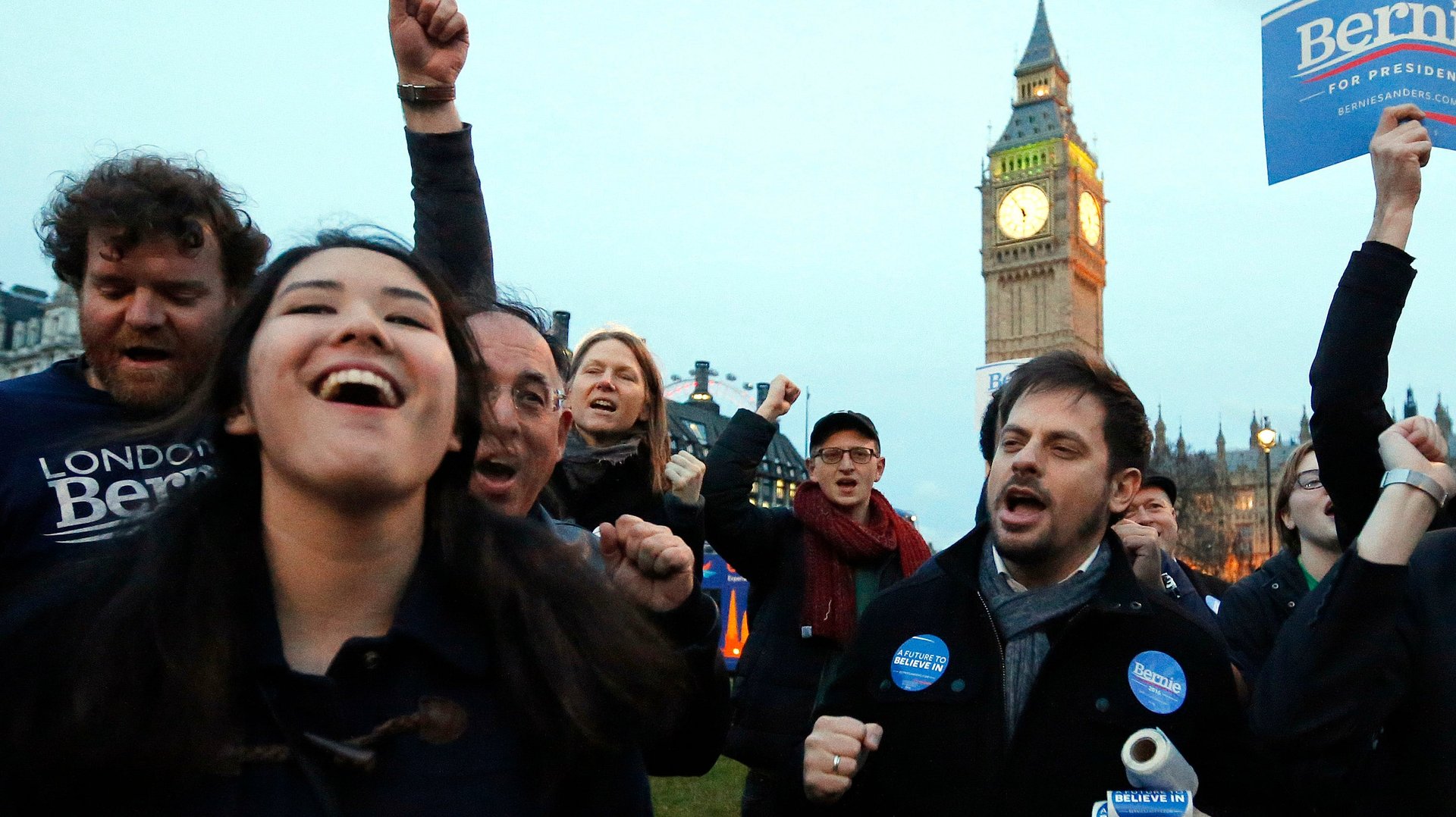Forget Trump’s “First 100 Days”—think about the next generation
President Trump has taken over the Oval Office and signed a raft of executive orders to make good on his various “First 100 Days” campaign promises: pulling out of the Trans-Pacific Partnership (TPP) trade agreement, freezing federal hiring, rolling back Obamacare, curbing environmental regulations, and more. But like most things in American politics, the “First 100 Days” is just a gimmick, a grab-bag of bumper-sticker priorities that says little about how the new president will govern. Some traditions are best left to die.


President Trump has taken over the Oval Office and signed a raft of executive orders to make good on his various “First 100 Days” campaign promises: pulling out of the Trans-Pacific Partnership (TPP) trade agreement, freezing federal hiring, rolling back Obamacare, curbing environmental regulations, and more. But like most things in American politics, the “First 100 Days” is just a gimmick, a grab-bag of bumper-sticker priorities that says little about how the new president will govern. Some traditions are best left to die.
Rather than short-term distractions like the “First 100 Days,” the president, media, and public should be thinking about how to modernize the entire government to meet the needs of the working-age population, especially America’s 80 million struggling millennials. Trump got elected by targeting disgruntled rust belt voters, promising to bring back jobs that will never return—jobs that America’s next generation never had nor want anyway.
The priorities for this generation—alleviating student debt, building affordable housing, implementing wage insurance and portable healthcare, establishing centers for technical and digital skills training, combating climate change, and others—were barely heard on the campaign trail. Though millennial voices weren’t necessary to win the electoral college, they will be essential to win the next election.
Even before Trump’s surprise victory, American millennials—who largely favored Hillary Clinton and Bernie Sanders—were increasingly disillusioned with our democracy. The most recent World Values Survey reveals that since World War II, the percentage of American (and European) citizens who feel it is “essential to live in a democracy” has fallen from two-thirds to under one-third. Meanwhile, the proportion of Americans who believe that “experts should decide what is best for the country rather than the government” has risen from 32% to 49%. America’s current political circus therefore needs a serious overhaul to avoid further alienating America’s future.
It is clear from the 2016 elections that millennials want to see a serious third party. Nearly one in ten millennials voted for either Libertarian Party candidate Gary Johnson or the Green Party’s Jill Stein, three times more than third-party voting millennials in 2012. According to one major survey on the eve of the election, nearly 60% of millennials seriously considered voting for a third party candidate.
American youth are being given a binary choice between two ossified parties in politics when in every other aspect of their social lives choice is blossoming: They can choose to belong to a third gender, yet no third party has a seat in Congress. Yet worldwide, almost all of the nearly two dozen countries that rank ahead of the US in indicators ranging from civil rights to government functionality are multi-party parliamentary systems. The lack of a third party that actually represents millennial priorities is a major factor behind America falling behind many of its peers in the respectability of its government.
In terms of actual policy priorities, some things never change: “It’s the economy, stupid.” Jobs and inequality topped the list of concerns among millennials polled over multiple years by Harvard’s Institute of Politics. Jugding from the themes of the presidential campaign, one would think that all Americans worked for General Motors. But already twice as many Americans wake up each morning in the “gigonomy” of digital freelancers than work in factories. And while many of them are entrepreneurial and nimble in big cities like Los Angeles and New York, millions more need a serious boost in digital skills, Internet bandwidth, and getting matched to employers.
Some companies like General Electric and Starbucks have filled the gap by setting up their own “universities” to train qualified young professionals and integrate them into the workforce, but Washington needs to work with states, business groups, colleges and universities to massively boost the availability of so-called “nano-degrees” for millennials eager to build a better future for themselves. Americans have invented many of the disruptions that are threatening their own employment base. It would be a pity for Americans to be among the last to take advantage of them.
There are many more technocratic fixes that should be implemented fast and held firm rather than becoming political footballs: lending for small businesses and first-time home-owners, wage supports, and affordable healthcare, to name a few. Small countries with a focus on human talent and services sectors such as Sweden have found ways to balance public regulation and private markets to deliver a high quality of life to all even in tough times. As I outline in my new book Technocracy in America, there is much that the US can learn from smaller societies that have little margin for error and therefore never lose their focus on the future.
Republicans now control the White House and chambers of Congress, but they would be foolish not to generate a package of policies that shows that Washington can graduate from antiquated electoral shenanigans to meaningful and inclusive governance. The 2016 election featured the angry rust belt voter. Unless Trump and his allies come up with a new deal for the next generation, the 2020 election will give rise to the angry millennial.